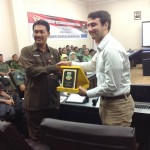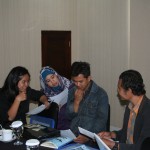Click here to read CLD’s full Submission
Click here to read ATIPPA
“We appreciate having had the opportunity to provide inputs to the review panel,” said Toby Mendel, Executive Director of CLD. “However, the real question is whether the panel and then government are prepared to move forward with the major reforms that would be required to implement Marshall’s promises.”
CLD’s main recommendations are regarding needed reforms of the regime of exceptions, which is currently very overbroad, including by unnecessarily classifying enormous amounts of deliberative information. This problem is compounded by the fact that the Information and Privacy Commissioner lacks the power to review some of these exceptions. Other problems include the following:
• The Commissioner does not have binding order power and can only make recommendations.
• The absence of clear maximum timelines for responding to requests.
• Charging a fee simply for filing an access to information request, as well as for employee time spent responding to a request.
For further information, please contact:
Michael Karanicolas
Legal Officer
Centre for Law and Democracy
email: michael@law-democracy.org
tel: +1 902 448-5290
www.law-democracy.org
Twitter: @Law_Democracy
UPDATE – August 2014: The B.C. Freedom of Information and Privacy Association (FIPA) has also made a submission to the independent review panel, in which they wholly endorse CLD’s recommendations.
Click here to read FIPA’s Submission























